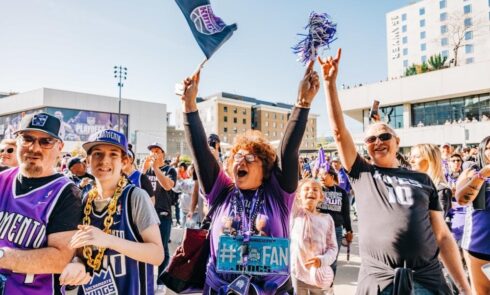Sacramento is the center of the region’s extensive agricultural production – mainly dairy products, poultry, beef cattle, fruits and vegetables (especially grapes, pears and tomatoes), wheat, rice and corn (maize). The city’s traditional economic base, consisting of government and other services and agriculture, has been expanded to include electronics manufacturing, computer software production, tourism, and the production of metal products and scientific instruments. Other industries include food processing (especially almonds), printing and publishing, aerospace, and wood products. Sacramento has an international airport located northwest of the city.
California State University, Sacramento was founded in 1947, Sacramento City College in 1916, American River College in 1955, and Cosumnes River College in 1970. Cultural institutions include professional ballet and opera companies, as well as several music and theater groups. Old Sacramento, the city’s revitalized historic district along the river, contains the California State Railroad Museum and a variety of shops and restaurants. The Delta King, a steamboat with paddle wheels, has been converted into a hotel moored on the riverbank. Nearby are the Crocker Art Museum and the Leland Stanford Mansion (1857), now a state historical park.
Famous annual events are the Camellia Festival (March), the Sacramento Music Festival (May), the California State Fair (July) and the Gold Rush Days (September). The Sleep Train (formerly Arco) Arena (1988), north of downtown, was home to the Kings professional men’s basketball team before the Golden 1 Center opened in 2016. Folsom Lake, northeast of the city (formed in 1955 by damming the American River), provides water to the region and is a popular public recreation area.The Sacramento National Wildlife Refuge Complex consists of several refuges located northwest of the city. Additionally, the Sacramento region is the gateway to the Sierra Nevada and Lake Tahoe areas to the east.


